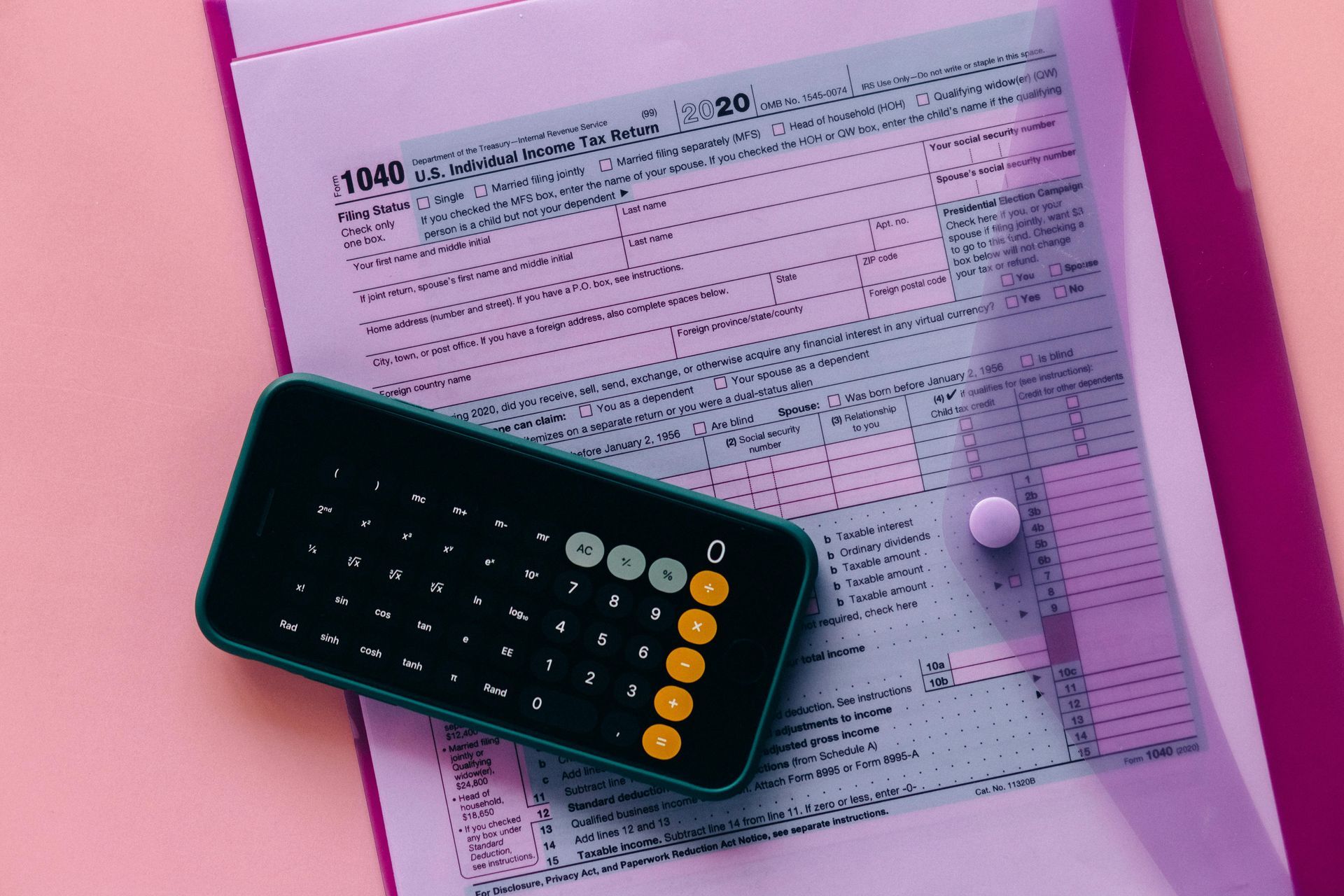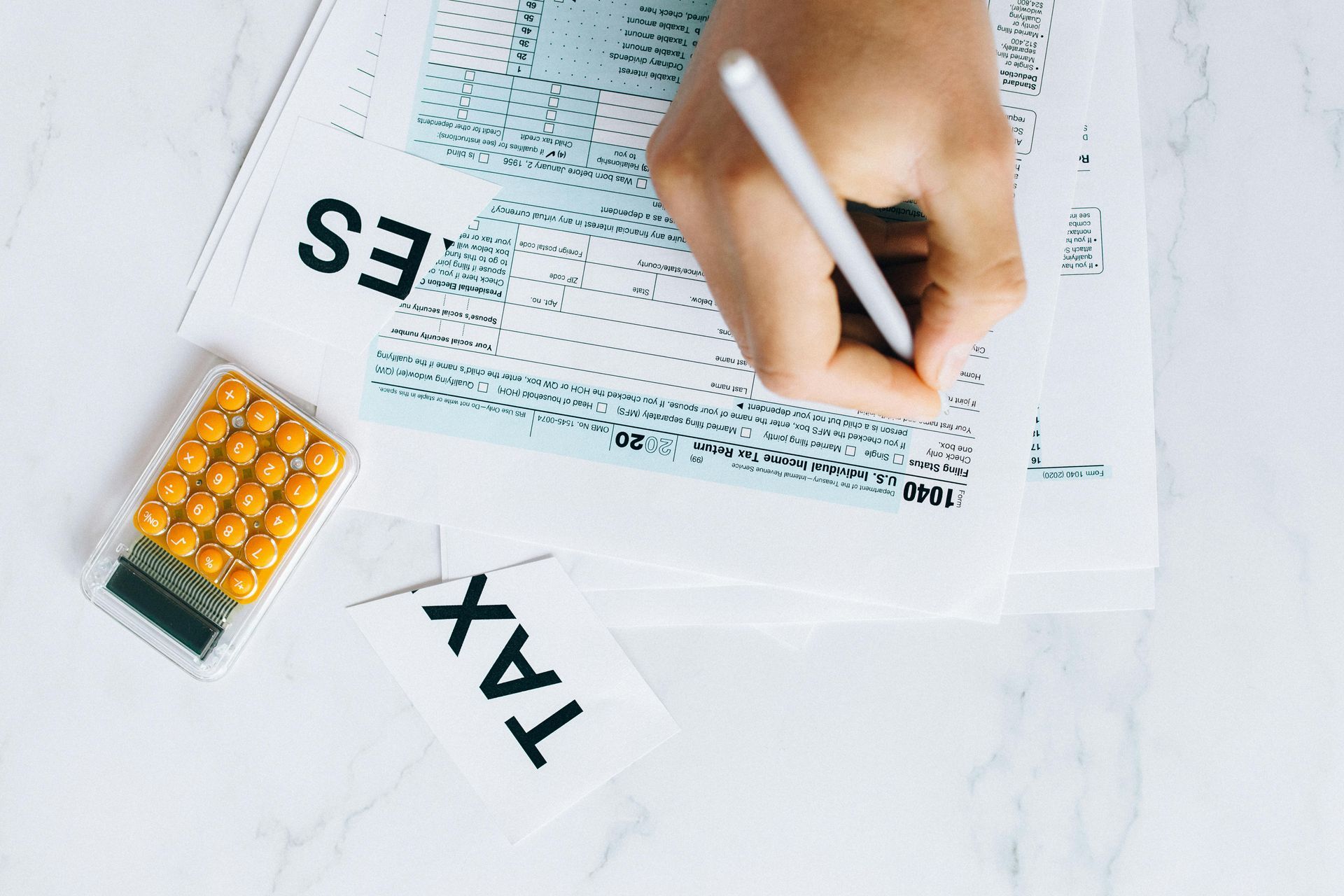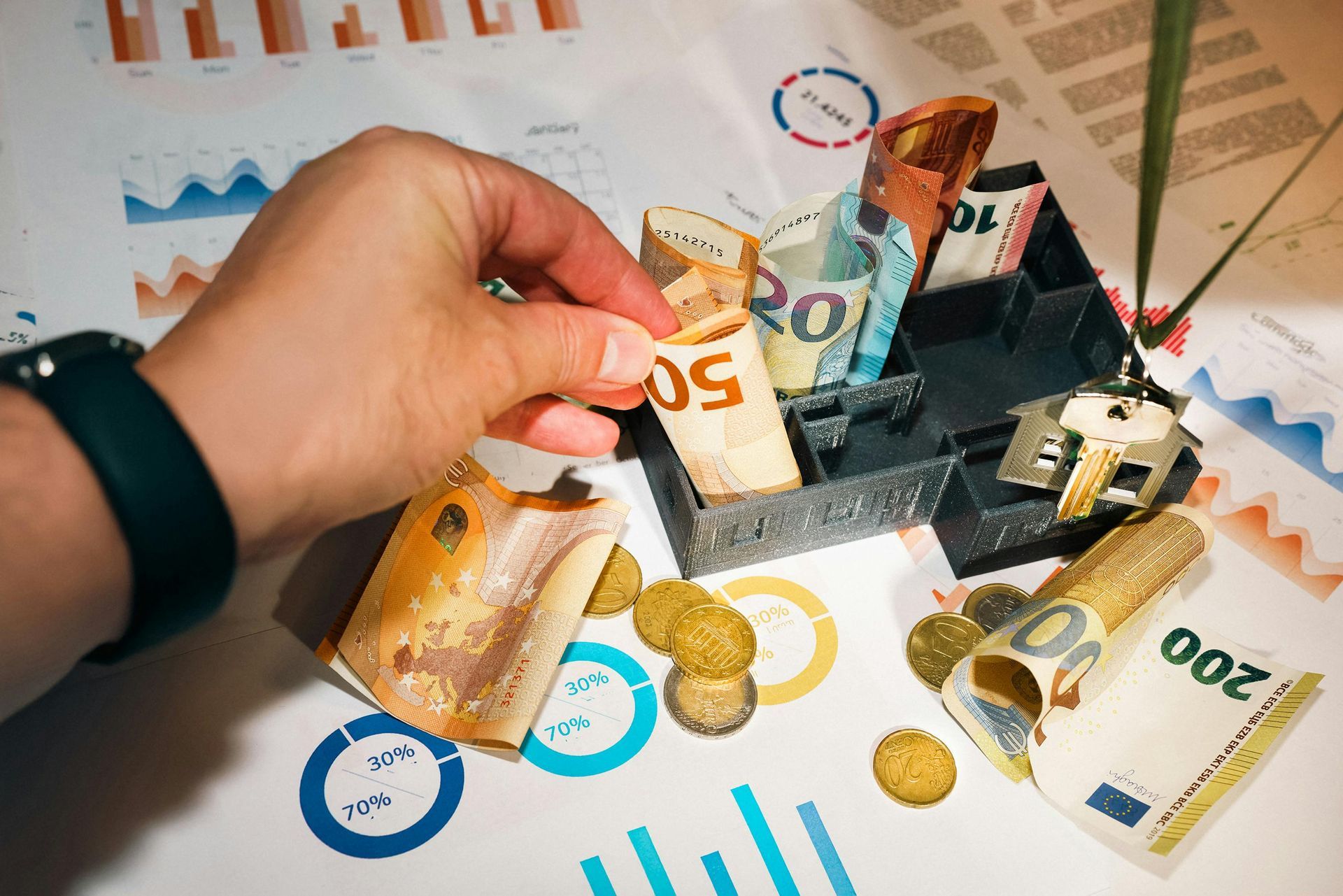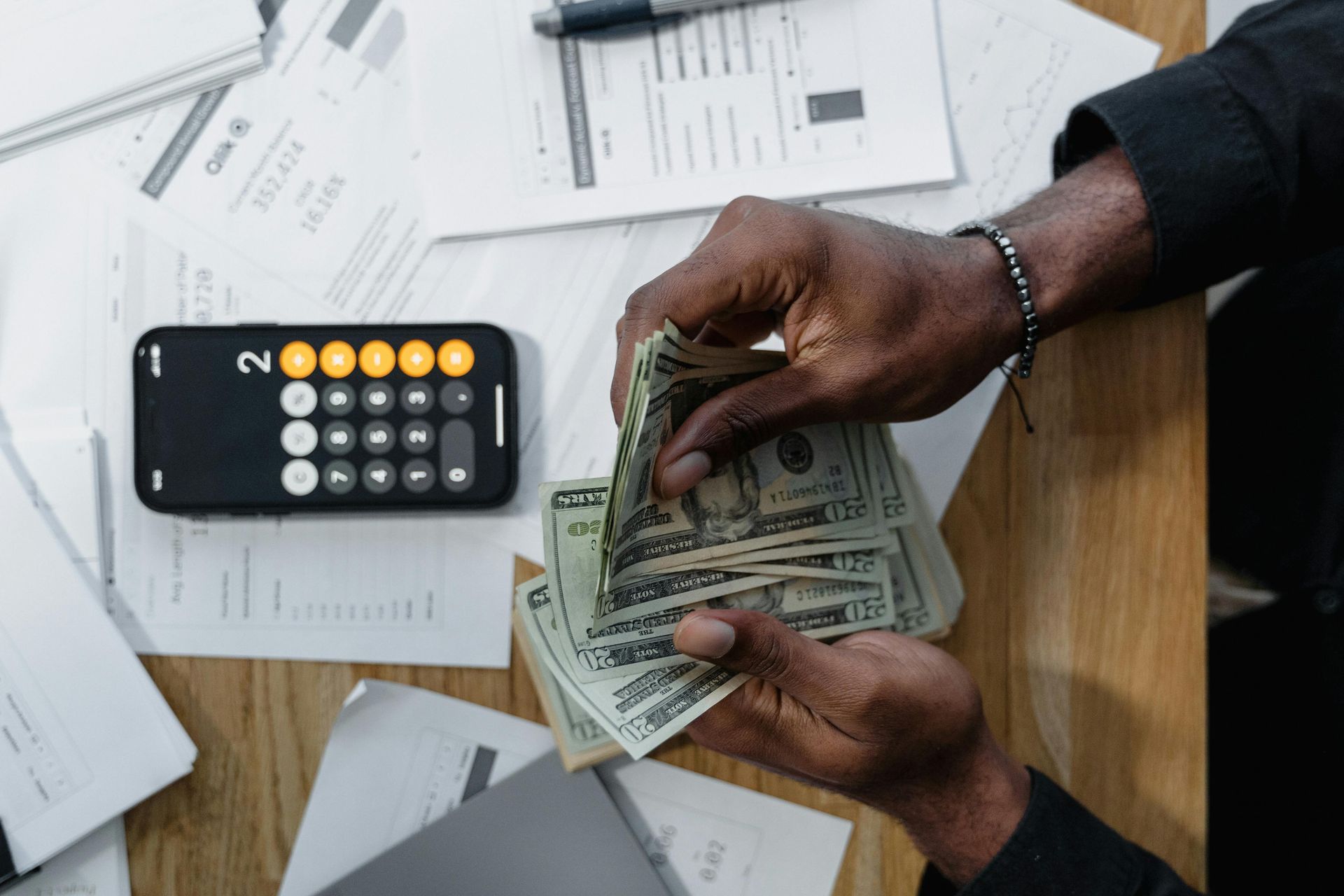The Importance of Emergency Funds: Why Having a Financial Safety Net is Crucial and How to Build One

In an unpredictable world, having an emergency fund is vital. This financial safety net can help you weather unexpected storms, whether it's a job loss, medical bills, or urgent home repairs. In this blog, we’ll explore why emergency funds matter and how you can build one that fits your needs.
Why You Need an Emergency Fund
Life is full of surprises—some good, some not so much. Financial experts recommend saving at least three to six months' worth of living expenses. This guideline helps you stay afloat during tough times without sinking into debt.
Picture this: You wake up one day and find out your job is gone due to layoffs. Without an emergency fund, you might scramble to pay bills or face mounting debt. But if you’ve set aside some savings, you can take a breath and plan your next steps without panic.
The Emotional Benefits
Beyond the numbers, having an emergency fund offers peace of mind. Knowing you have money saved for emergencies can ease anxiety. You're not just saving for a rainy day; you're investing in your mental well-being. With this cushion, you can focus on what truly matters—like your career or spending time with family.
How Much Should You Save?
Figuring out how much to save might feel overwhelming. Start by listing your monthly expenses—rent, utilities, groceries, and other essentials. Once you have that number, multiply it by three to six months to set your savings goal.
For example, if your monthly expenses total $3,000, aim for an emergency fund between $9,000 and $18,000. This buffer will keep you secure during tough times while allowing you to maintain your lifestyle.
Steps to Build Your Emergency Fund
Building an emergency fund doesn’t have to be hard. Here are some easy steps to get started:
- Set a Realistic Goal: If saving $10,000 feels impossible right now, aim for $1,000 first. Small wins can motivate you to keep going.
- Create a Budget: A budget helps you see where your money goes and where you can cut back. Try the 50/30/20 rule: allocate 50% for needs, 30% for wants, and 20% for savings.
- Automate Your Savings: Set up automatic transfers from your checking account into a dedicated savings account each month. Treat this transfer like any other bill—essential and non-negotiable.
- Cut Unnecessary Expenses: Review your spending habits and find non-essential items you can trim from your budget. This could mean dining out less or canceling subscriptions you rarely use.
- Boost Your Income: Consider side gigs or freelance work to speed up your savings goal. Selling unused items around the house can also provide a quick cash boost.
- Choose the Right Account: Keep your emergency fund in a high-yield savings account or money market account where it can earn interest while remaining easily accessible.
Real-Life Examples
Let’s look at Sarah’s story. After losing her job during the pandemic, she was thankful for her emergency fund. With six months' worth of expenses saved up, she could take her time finding a job that matched her skills instead of rushing into any position just to pay the bills.
Now consider Mike’s situation—he didn’t have any savings when his car broke down unexpectedly. He had no choice but to use credit cards, which led him into debt that took years to pay off. His experience shows just how crucial it is to prepare for life’s uncertainties.
Replenishing Your Fund
Once you've built your emergency fund, remember that it’s important to replenish it if you ever need to dip into it. Life happens; whether it's unexpected medical bills or urgent home repairs—these situations will arise when we least expect them.
Establish a plan for how you'll rebuild your savings after using them. For instance, if you use $1,500 from your fund for car repairs, make it a priority to save an extra $150 each month until you've replenished that amount.
Conclusion
Building an emergency fund is not just about saving money; it's about creating a safety net that allows you to navigate life's unpredictability with confidence and ease. By taking proactive steps today—setting realistic goals, budgeting wisely, and automating savings—you can establish a financial cushion that protects not only your finances but also your peace of mind.
At
Andrea Ward CPA, we understand that financial security is paramount in today's world. If you're looking for personalized advice on how to build or enhance your emergency fund strategy, don’t hesitate to reach out! Together we can create a plan tailored just for you. By following these guidelines and understanding the importance of having an emergency fund in place, you'll be better prepared for whatever life throws at you—because life happens!
Andrea Ward, CPA
Andrea officially began her accounting career in 1987. But it all began much earlier than that as a kid when she meticulously budgeted her allowance to buy really cool toys. Since then, she has earned Cum Laude honors with a Bachelor in Business Administration, with equivalent minors in Finance and Economics from Texas A&M University. A CPA and Registered Investment Advisor, Andrea loves helping people accumulate wealth.












